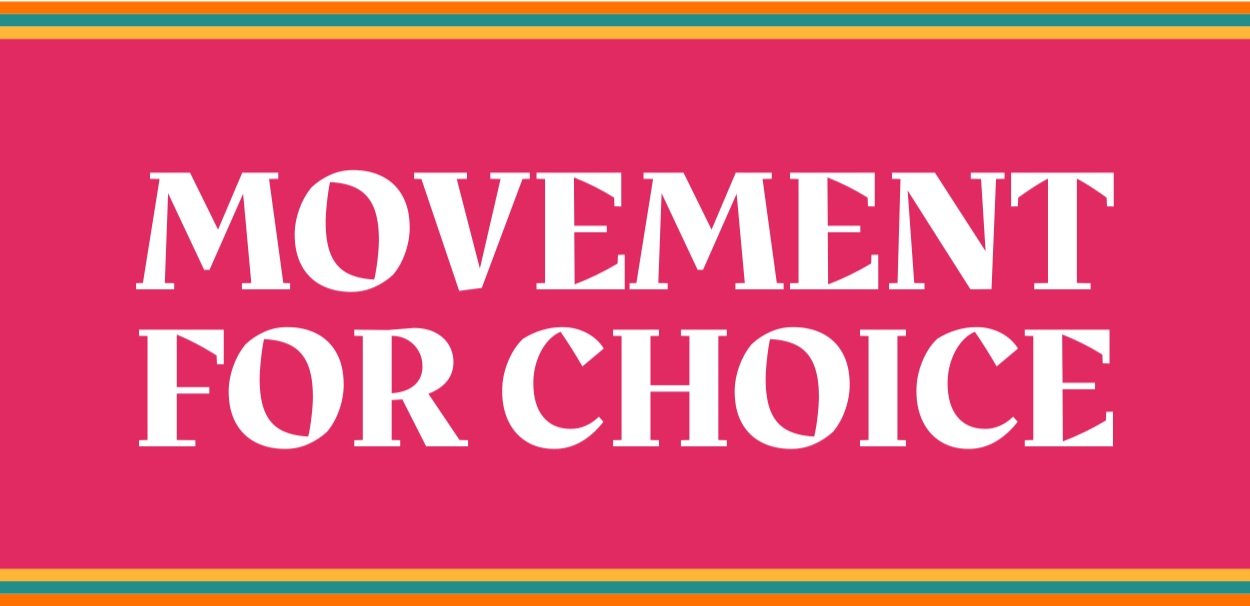May Edition: Call-In Column with Paula
By: Paula
Q: How do I stay optimistic (and maintain my sanity) while also fighting back against the rhetoric of people in my life who (knowingly or unknowingly) support abortion bans that pose danger to my body?
A: I ask myself this question almost daily, too. So first, let me start by saying, it is completely normal to feel like you’re going mad right now. This is maddening. The mental fortitude it takes to fight back, educate people, and stay informed on the latest shift in policy is necessary but also exhausting. We can’t ignore what’s going on and we can’t ignore how it makes us feel because the reality people are facing right now is overwhelming. And that’s by design. The more disengaged, apathetic, or hopeless we become, the greater the odds these types of policies continue to expand. And even if it hasn’t affected you physically, just knowing it exists affects you mentally.
Especially for people who are ready to become parents but now face a potentially life threatening landscape for their medical care, expanding abortion bans/IVF restrictions add an unnecessary layer of anxiety to an already stressful and challenging situation, with the looming threat of a national ban should Trump be re-elected.
On the other hand, people who have no desire to bear children may be forced to, and that also poses a significant risk to personal and interpersonal health. In many instances, this can be life threatening.
And the conversation amongst all of this nuance is muddied by the idea that this is a private matter. And, it is. It is also a social issue and framing it as a solely private matter creates a culture of silence that is dangerous to women and birthing people. Yes, the decision as to whether or not you are ready to become a parent should be a private matter but because the government has positioned itself as the arbiter of our bodies in many states, it’s now also a public matter, especially amongst young people. This juxtaposition feels violating because it is and affirming this challenging social experience is the first step to staying sane and stable. From that place of honesty, genuine conversations can happen. And that’s the only way we can begin to undo the damage being done to both our mental and (too many peoples’) physical well being.
Basically, in short — be honest. Tell people how you feel, often. Even and especially when it feels uncomfortable, ideally in person. The digital space has removed humanity from the conversation and these are emotional conversations. We need to see each other in them. Also, it’s essential to remember that you don’t have to shoulder the burden of these stressful feelings (or circumstances) on your own and talking about how you feel, even with a perfect stranger, creates an opportunity for relief through connection and understanding in a potentially shared struggle. Alternatively, when you are faced with resistance or misunderstanding from others, once again — choose honesty. Focus on how all of this contentiousness surrounding whether or not you have liberty over your own body because of political decisions makes you feel. Because no one can argue with that. They might try, but you will always know how you feel and by expressing it, you will gently shift the weight of carrying it.
Little by little, the more we share how we are feeling, the higher the likelihood that people who may not understand the urgency yet, choose to join our fight. And the more people that fight, the lighter the load. Just like no one is meant to parent alone, no one is meant to fight against oppressive policies alone either.
